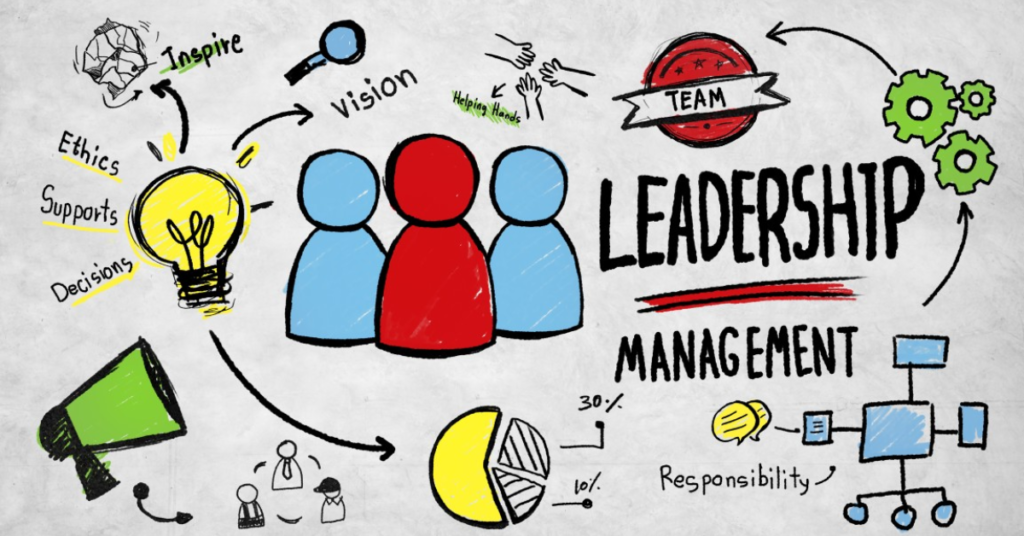In an increasingly complex world, the importance of strong, effective leadership cannot be overstated. Organizations across all sectors, from corporations to nonprofits, seek individuals who can guide teams, inspire change, and foster innovation. Undergraduate leadership programs serve as vital pathways for aspiring leaders to develop the skills, knowledge, and experiences necessary for success in diverse environments. This article explores the key components, benefits, and standout programs within the landscape of undergraduate leadership education.

What Are Undergraduate Leadership Programs?
Undergraduate leadership programs are structured initiatives offered by colleges and universities aimed at developing students’ leadership abilities. These programs typically combine academic coursework, practical experiences, mentorship, and extracurricular activities to create a comprehensive learning environment. While the specific focus of these programs may vary—ranging from general leadership principles to specialized fields such as business or community service—the overarching goal is consistent: to equip students with the tools and insights required to become effective leaders.
Key Components of Undergraduate Leadership Programs
1. Theoretical Foundations
At the core of most undergraduate leadership programs is a rigorous academic curriculum designed to provide students with a solid grounding in leadership theory.
- Leadership Theories: Students study various leadership models, such as transformational, transactional, and servant leadership. Understanding these theories enables them to evaluate their own leadership styles and adapt their approaches to different situations.
- Organizational Behavior: Coursework often includes the study of team dynamics, motivation, and effective communication, which are crucial for leading diverse groups.
- Ethics and Responsibility: Programs typically emphasize the importance of ethical leadership, exploring concepts such as integrity, accountability, and the social responsibilities of leaders.
2. Experiential Learning
Experiential learning is a critical component of undergraduate leadership programs, allowing students to apply their theoretical knowledge in real-world contexts.
- Team Projects: Students frequently engage in collaborative projects, assuming leadership roles to practice skills like negotiation, conflict resolution, and teamwork.
- Internships: Many programs incorporate internships that provide practical leadership experience in professional settings. Internships allow students to learn from established leaders and apply their skills in real-world scenarios.
- Community Service: Programs often emphasize community engagement, encouraging students to participate in service-learning initiatives that address social issues while developing their leadership capabilities.
3. Mentorship Opportunities
Mentorship is a fundamental aspect of undergraduate leadership programs, offering students guidance from experienced professionals.
- Formal Mentorship Programs: Many universities pair students with mentors from various fields, providing insights and advice as they navigate their leadership journeys.
- Peer Mentorship: Programs often encourage peer-to-peer mentoring, where upperclassmen or recent graduates support and guide newer students, fostering a sense of community and collaboration.
4. Workshops and Events
To further develop leadership skills, undergraduate programs often include workshops and events that focus on specific aspects of leadership.
- Skill-Building Workshops: These interactive sessions may cover topics like public speaking, effective communication, and conflict management, giving students practical tools to enhance their leadership abilities.
- Leadership Conferences: Conferences often feature presentations from established leaders in various fields, offering students valuable insights and opportunities to network with professionals.
Benefits of Undergraduate Leadership Programs
1. Personal Growth
Participation in leadership programs fosters significant personal development, equipping students with essential qualities that contribute to effective leadership.
- Increased Confidence: Taking on leadership roles helps students build self-confidence, empowering them to express their ideas and make decisions more assertively.
- Enhanced Critical Thinking: Leadership programs encourage students to analyze complex situations from multiple perspectives, improving their problem-solving skills.
- Emotional Intelligence: Many programs focus on developing emotional intelligence, teaching students how to understand and manage their emotions while building strong relationships with others.
2. Career Advancement
Employers increasingly value leadership experience, making participation in undergraduate leadership programs a significant asset in the job market.
- Resume Building: Students can highlight their leadership experiences on their resumes, demonstrating initiative and the ability to work collaboratively—qualities that stand out to potential employers.
- Networking Opportunities: Through mentorship and networking events, students can connect with industry professionals and alumni, opening doors to job opportunities and career advice.
3. Preparation for Future Leadership Roles
Undergraduate leadership programs provide a strong foundation for students aspiring to take on leadership positions in their careers.
- Graduate School Readiness: Many graduates of leadership programs pursue advanced degrees, where their leadership experience can be a valuable asset. The skills developed in these programs prepare students for the rigors of graduate-level education.
- Faster Career Progression: Early leadership experience can lead to quicker promotions, as employers often prioritize candidates with demonstrated leadership abilities.
Notable Undergraduate Leadership Programs
Several universities are recognized for their exceptional undergraduate leadership programs that equip students for success. Here are a few noteworthy examples:
- Georgetown University – The Leadership and Management Program: Georgetown’s program emphasizes the development of leadership skills through a blend of theory and practical experiences, preparing students for roles in various sectors.
- University of North Carolina at Chapel Hill – Leadership Studies Program: This program integrates leadership theory with experiential learning, offering students opportunities to engage in community service and internships that enhance their leadership capabilities.
- University of California, Berkeley – Leadership Development Program: Berkeley’s program focuses on fostering effective leadership through workshops, mentorship, and networking events, encouraging students to take an active role in their personal and professional growth.
Conclusion
Undergraduate leadership programs play a vital role in cultivating the leaders of tomorrow. By providing structured learning experiences that combine theoretical knowledge with practical applications, mentorship, and networking opportunities, these programs equip students with the skills and confidence needed to excel in diverse leadership roles. As students engage in their leadership development, they enhance their self-awareness, critical thinking, and ethical decision-making abilities.